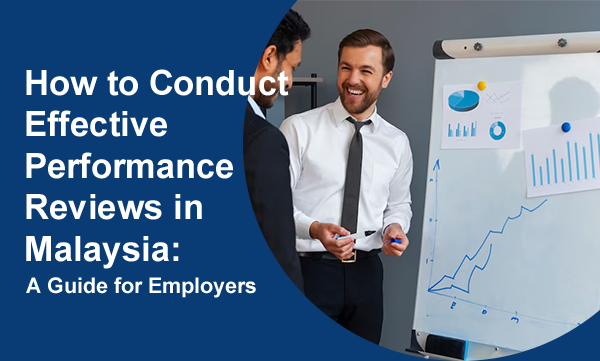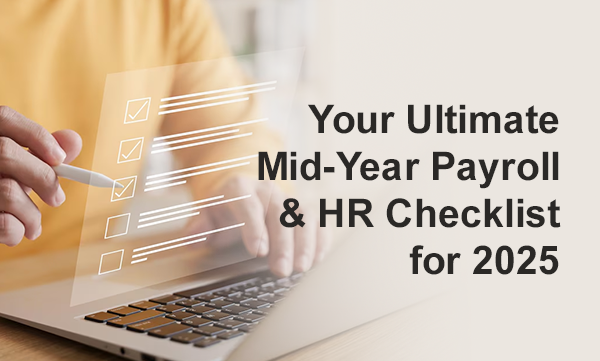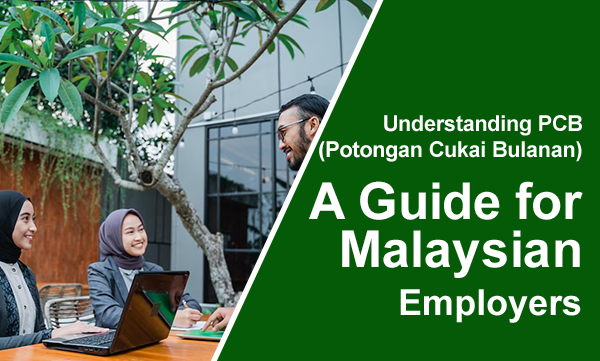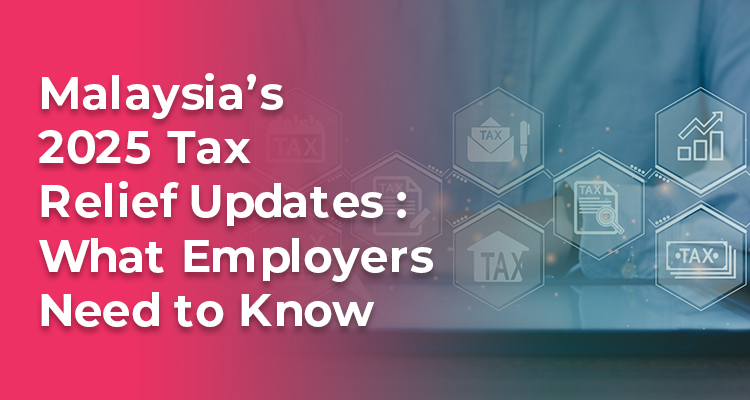
How to Conduct Effective Performance Reviews in Malaysia: A Guide for Employers
Performance reviews are more than just a yearly formality — they’re a vital tool for improving employee performance, boosting engagement, and driving business growth. Yet, many Malaysian companies struggle to make their reviews meaningful, often turning them into a checklist exercise that employees dread.
An effective performance review process, tailored to Malaysia’s workplace culture and expectations, can transform how teams operate. Whether you're an SME or a large enterprise, here’s how to get it right.
1. Understand the Purpose Beyond Compliance
While Malaysia’s Employment Act 1955 doesn’t mandate performance reviews, they play a crucial role in decisions about promotions, salary adjustments, and even terminations. But reviews shouldn’t just be about pointing out weaknesses — they should focus on growth, aligning employee goals with business objectives.
Effective reviews balance constructive feedback with recognition, helping employees see where they add value and where they can improve.
2. Set Clear, Measurable KPIs
One common mistake is conducting reviews without clear benchmarks. Every employee should have Key Performance Indicators (KPIs) that are specific, measurable, and relevant to their role.
For Malaysian businesses, it’s important to align KPIs with both company targets and cultural expectations — consider factors like teamwork, communication, and adaptability, which are highly valued in local work environments.
Regularly reviewing KPIs (not just annually) keeps employees focused and reduces surprises during formal appraisals.
3. Make It a Two-Way Conversation
In many traditional workplaces, performance reviews feel top-down. Modern HR practices in Malaysia encourage a more collaborative approach. Employees should feel comfortable sharing their challenges, career aspirations, and feedback about the workplace.
This open dialogue builds trust and can uncover issues affecting productivity or morale before they escalate.
4. Use Digital Tools to Track Performance
Manual tracking of performance, using spreadsheets or scattered notes, leads to inconsistent reviews. More Malaysian companies are adopting HR software that includes performance management features — allowing for continuous feedback, KPI tracking, and easier documentation.
Automated HR systems also help standardize the review process across departments, ensuring fairness and transparency.
5. Follow Up with Actionable Plans
An effective review doesn’t end when the meeting does. Always provide employees with a clear development plan — whether it’s training opportunities, new responsibilities, or revised targets.
In Malaysia’s competitive job market, employees who see a path for growth are more likely to stay engaged and loyal.
Conclusion: Rethink Performance Reviews as a Growth Tool
Performance reviews, when done right, can drive both individual and company success. By setting clear KPIs, fostering open communication, and leveraging digital tools, Malaysian businesses can turn appraisals into a strategic advantage — not just an annual chore.
Simplify Performance Management with HR2eazy
Looking to modernize your performance review process?
HR2eazy offers digital HR solutions that make KPI tracking and employee appraisals easier, more consistent, and aligned with Malaysian business needs.
Contact us now to get a free demo.
Sources:
Employment Act 1955 – Malaysia
PwC Malaysia - Future of HR


